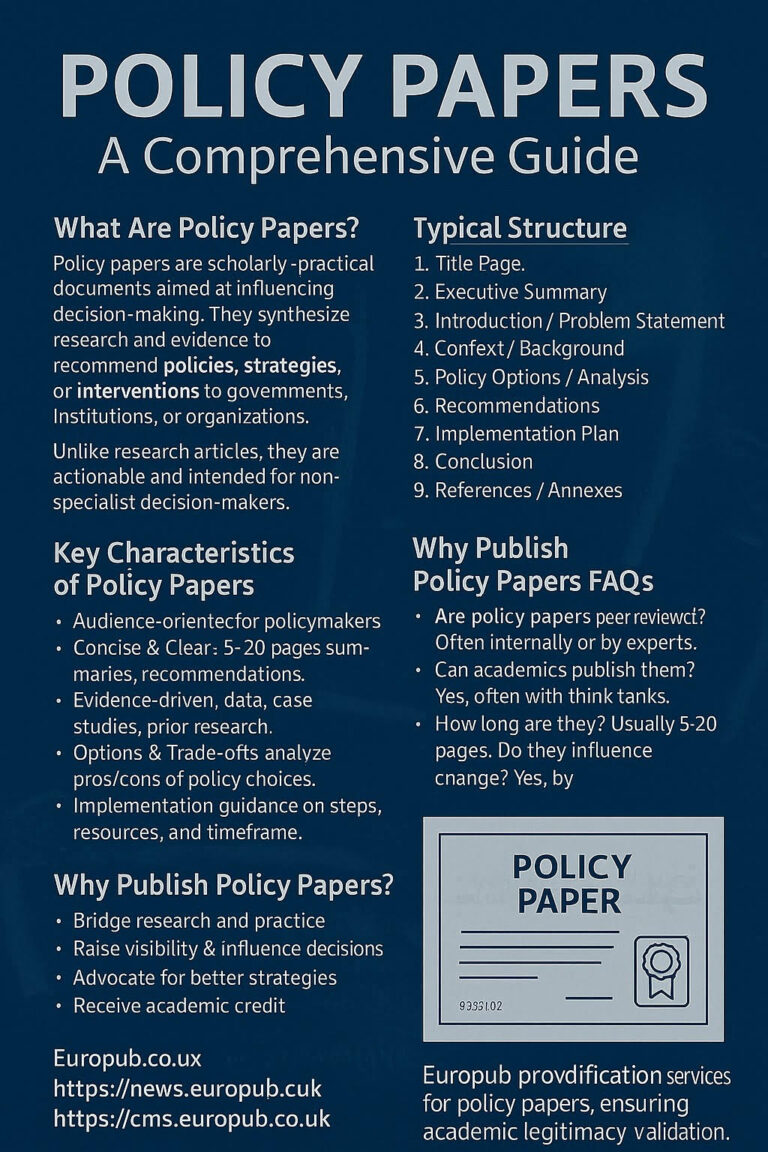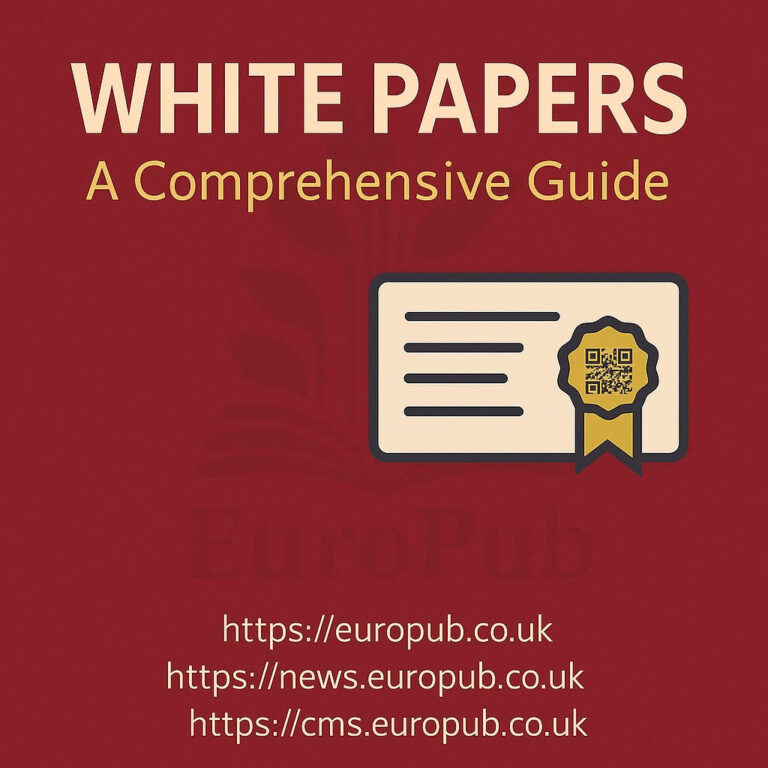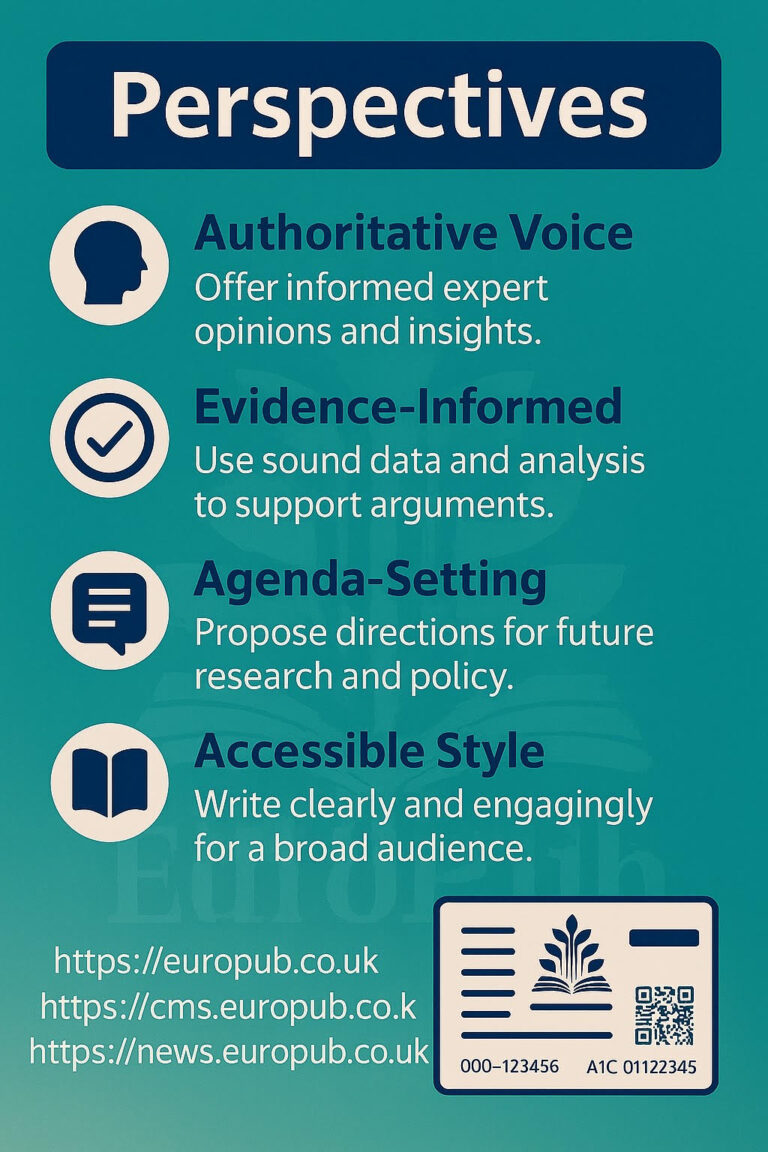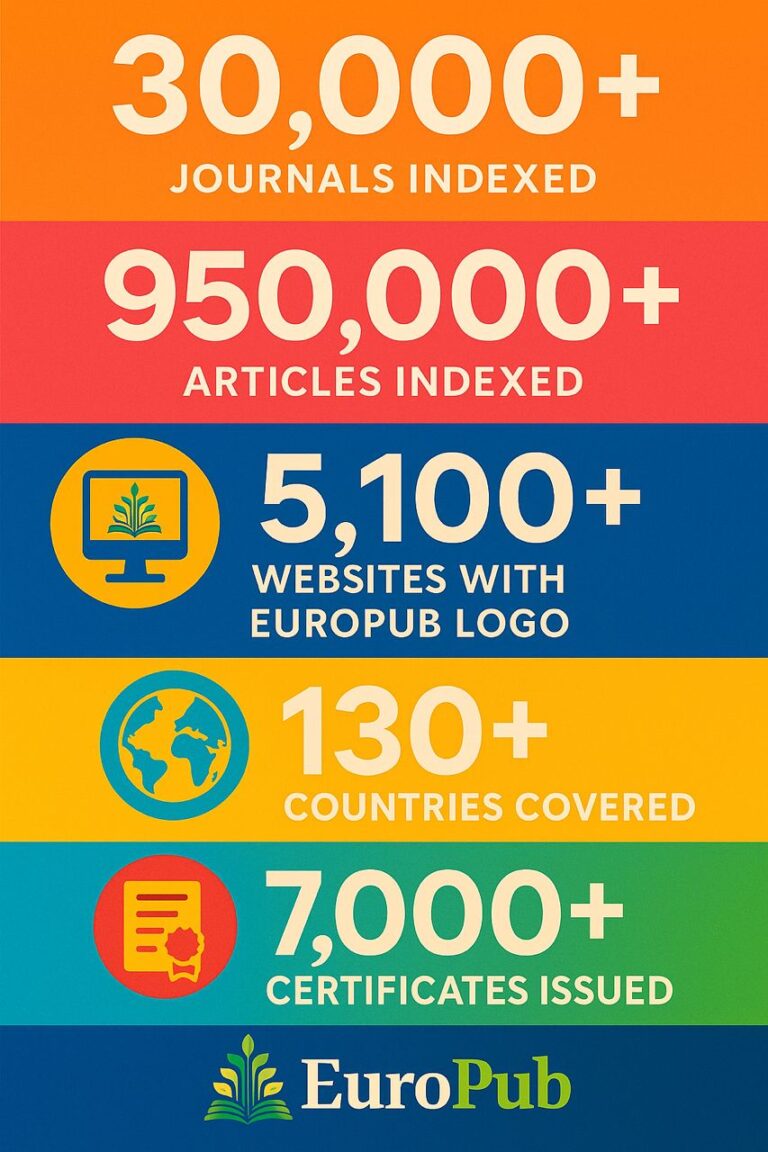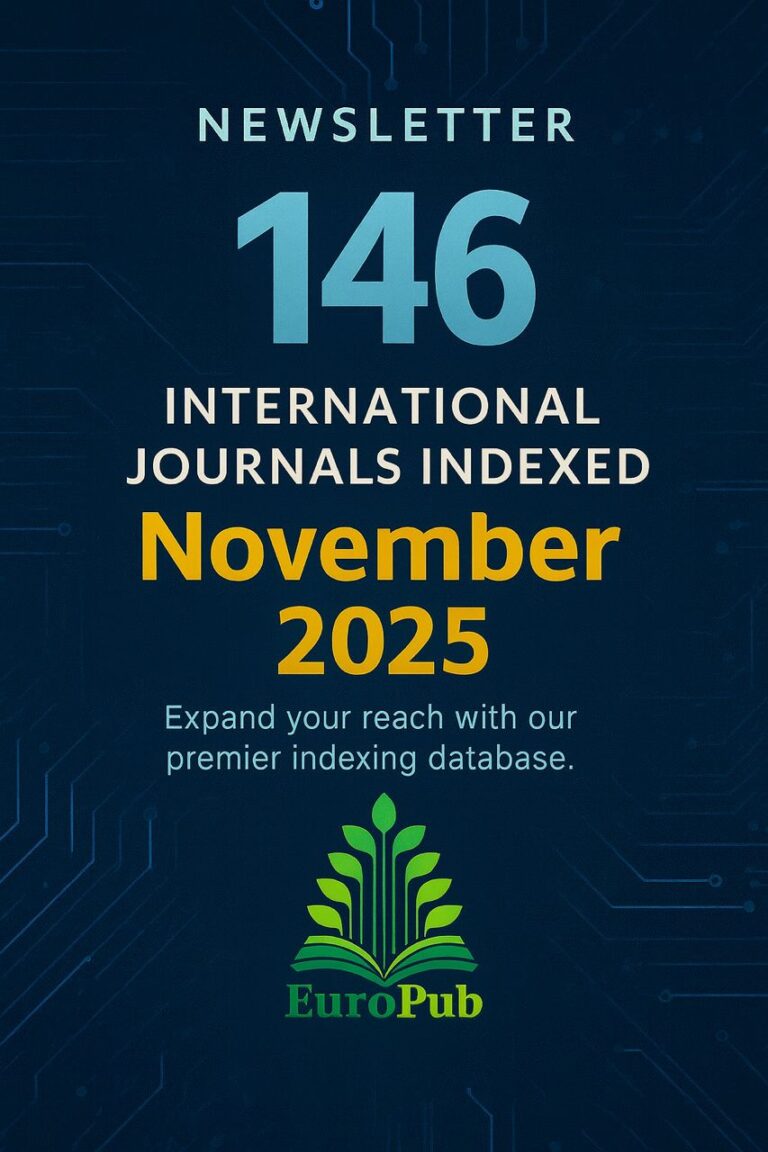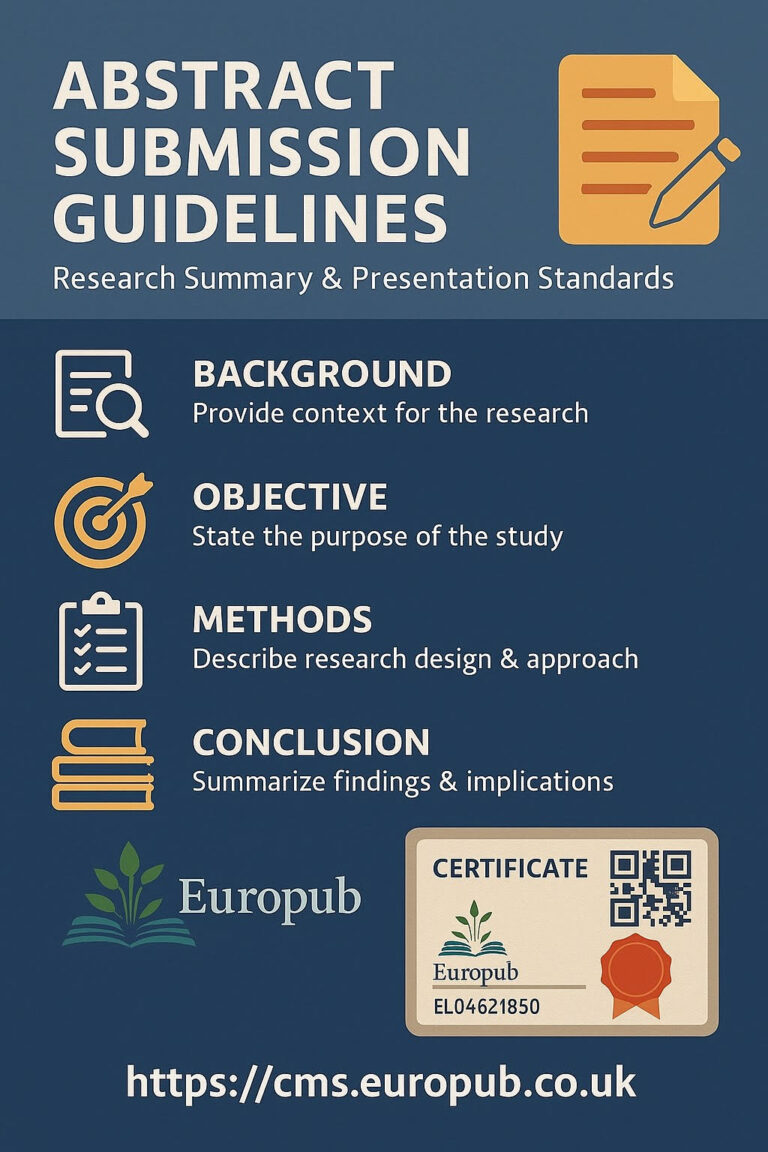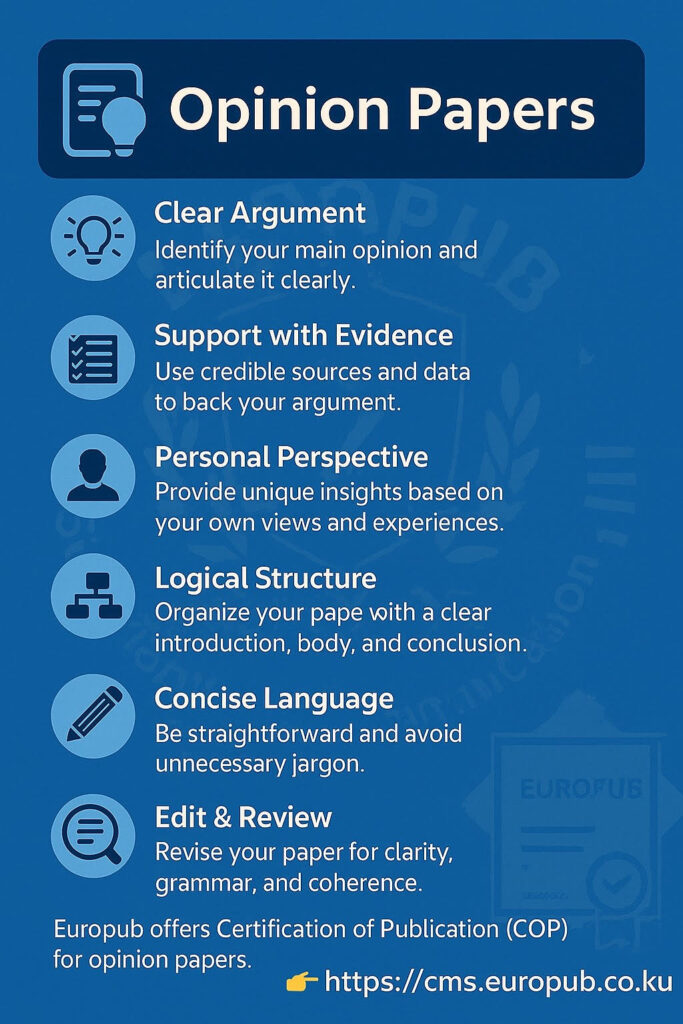
What Are Opinion Papers?
Opinion papers are scholarly articles where the author provides personal insights, interpretations, or arguments on a specific scientific or academic issue. Unlike research articles, they do not necessarily present new data but instead:
- Analyze existing knowledge.
- Present original arguments and interpretations.
- Suggest new theoretical frameworks or directions.
- Spark debate within the academic community.
They are important for shaping intellectual discussions and bringing forward bold, innovative ideas.
Key Characteristics
- Subjective but Informed – Based on expertise and critical reflection.
- Focused Argument – Clear position or thesis.
- Literature-Connected – Opinion is framed within current scientific debates.
- Provocative & Engaging – Designed to encourage scholarly dialogue.
- Length – Usually 1500–3500 words, depending on the journal.
Why Are Opinion Papers Important?
- Provide new perspectives on controversial or emerging issues.
- Stimulate debates across disciplines.
- Allow academics to influence policies or practices.
- Often highly read and shared, especially in top-tier journals.
Examples of Renowned Publishers & Opinion Sections
To understand how opinion papers are valued, here are examples from famous publishers:
- Nature – Nature Comment & Opinion
- Science – Science Magazine Policy Forum & Perspectives
- The Lancet – Lancet Comments & Viewpoints
- BMJ (British Medical Journal) – BMJ Opinion
- Elsevier Journals – Opinion/Commentary sections in specialized titles (Elsevier Journals)
Europub’s Role
Europub enhances the value of opinion papers through:
- Certification of Authorship & Contribution – Verifiable via Eurocode.
- Indexing & Recognition in Europub’s academic database.
- Certificates for Special Issues where opinion papers are featured.
Frequently Asked Questions (FAQs)
Q1. Are opinion papers peer-reviewed?
 Yes, but review criteria are often more flexible compared to original research.
Yes, but review criteria are often more flexible compared to original research.
Q2. Do opinion papers get cited?
 Absolutely. Many influential citations come from strong opinion papers published in high-impact journals.
Absolutely. Many influential citations come from strong opinion papers published in high-impact journals.
Q3. Who writes opinion papers?
 Experts, senior researchers, or invited authors—but early-career academics can also contribute.
Experts, senior researchers, or invited authors—but early-career academics can also contribute.
Q4. How are they different from commentaries?
 Commentaries usually respond to a specific article, while opinion papers stand alone as broader arguments.
Commentaries usually respond to a specific article, while opinion papers stand alone as broader arguments.
Q5. Can I publish an opinion paper without data?
 Yes, as long as your argument is well-structured and evidence-informed.
Yes, as long as your argument is well-structured and evidence-informed.
Q6. Which fields value opinion papers the most?
 Medicine, social sciences, policy, and emerging technologies.
Medicine, social sciences, policy, and emerging technologies.
Q7. Does Europub issue certificates for opinion papers?

 Yes, through the Certificate Management System.
Yes, through the Certificate Management System.
 Summary:
Summary:
Opinion papers are powerful tools for shaping academic debate and influencing science. Combined with Europub certification, they gain formal recognition, boosting the author’s profile globally.

